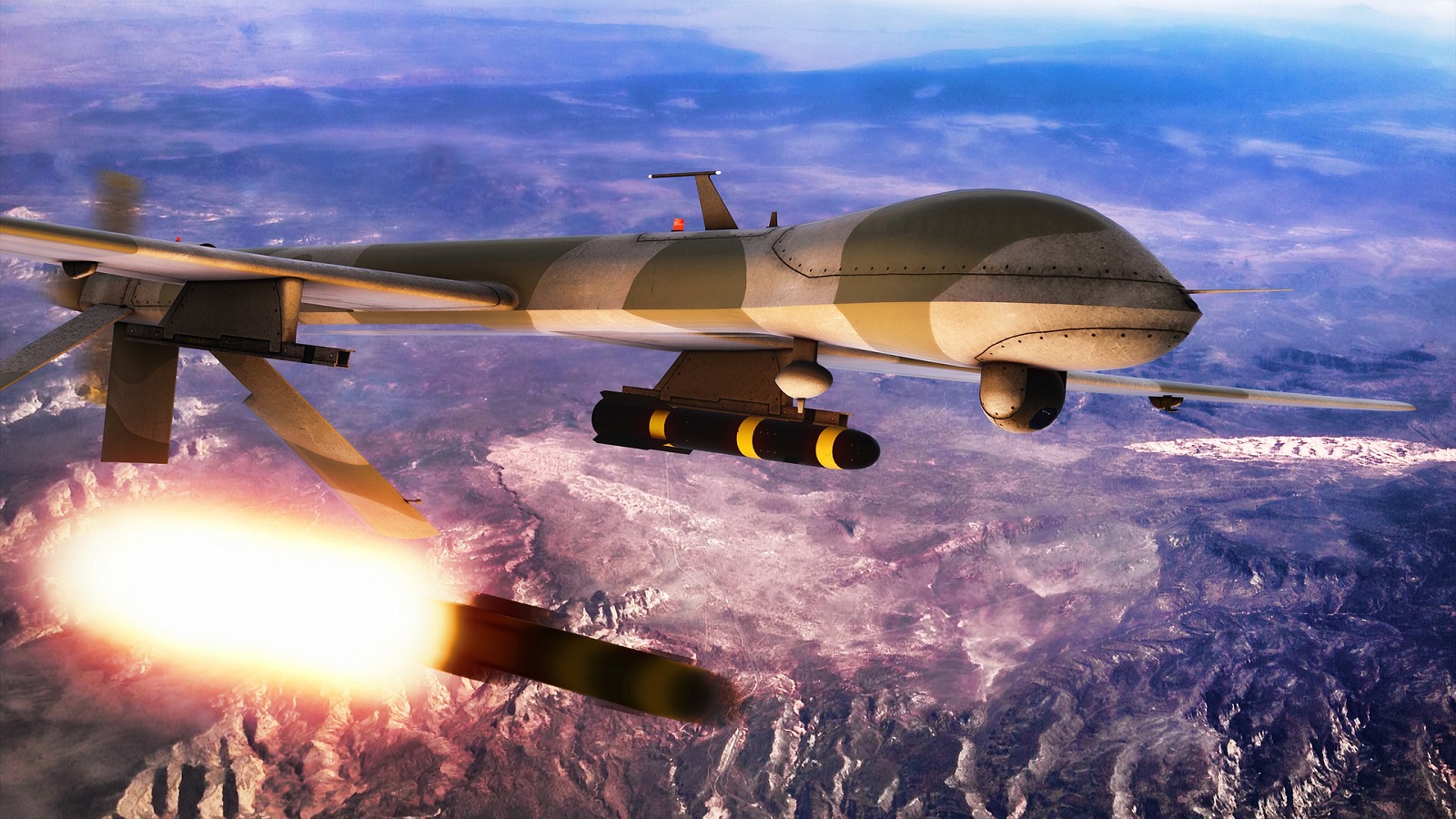Iran’s Strikes in Iraq and Pakistan
An-Nahar, Lebanon, January 19
An-Nahar, Lebanon, January 19
In a sudden turn of events, several regional fronts that were previously dormant have erupted into chaos. These incidents occurred outside the context of the Houthi group’s attacks on commercial ships and American and British naval forces in the southern Red Sea and Bab al-Mandab, under the pretense of supporting Gaza. This unexpected shift in Iranian behavior has now extended to Iraq and Pakistan. In a direct and violent attack, Iran targeted the city of Erbil in the Kurdistan region of Iraq. Missiles and bomb-laden drones were used to strike the home of a well-known Kurdish businessman. Iran claimed that the businessman’s house served as a base for the Israeli Mossad, equipped with a radar dedicated to spying on Iran. Additionally, Iran claimed that the house served as a headquarters for planning terrorist operations against their country. Preliminary investigations conducted by a team sent by Iraqi Prime Minister Mohammed Shia’ al-Sudani revealed that the targeted house was, in fact, a villa for the businessman’s family. Tragically, his wife and an Iraqi businessman residing in the UAE who was on a business visit were killed in the attack while his children sustained injuries. Regrettably, Tehran did not take responsibility or express any remorse for violating Iraqi sovereignty in such a scandalous manner. Instead, it justified the operation by alleging terrorism and Israeli espionage from Iraqi Kurdistan. Just two days later, the [Iranian] Revolutionary Guards launched an attack inside Pakistani territory in what they claimed to be a shelter for the opposition group known as Jaish ul-Adl, which Iran accuses of terrorism. Unfortunately, a woman and two children lost their lives in the assault. Iran argued that it resorted to this operation only after exhausting all diplomatic options with Pakistan, demanding a resolution to the presence of this Iranian group, which sought refuge in Pakistani territory after carrying out terrorist acts within Iran. This change in Iranian behavior, which was previously characterized by a policy of securing its supreme interests in the region through the use of arms, represents a significant step towards direct conflicts in the region. The question arises: what compelled Tehran to make such a fateful decision to carry out these operations in Erbil and on Pakistani soil, especially when it already possesses remarkable efficiency in utilizing its proxies across the region? Moreover, why did Iran swiftly resort to killing a Kurdish businessman who allegedly had business ties with Israel, similar to many other Arab businessmen in various countries? The truth may be that the Iranian operation in Erbil served the interests of the Americans by diverting attention from the crisis centering around the American responses to attacks by Iraqi armed factions. These attacks prompted Prime Minister al-Sudani to adopt uncompromising positions regarding the American presence in Iraq. However, the Iranian attack on Pakistani territory at this stage raises suspicions, particularly considering that Iran was well aware that Pakistan would be compelled to retaliate. And retaliate they did, the very next day, with a series of raids targeting the separatist Baloch Liberation Front, classified as a terrorist organization by Pakistani authorities. This response, comprising multiple raids within Iranian territory, demonstrated that Iranian behavior may have neglected the consequences of provoking its larger and militarily stronger neighbor. Despite Iran’s official narrative, observers have struggled to decipher the underlying motives behind the decision to strike Pakistani targets. The claim of exhausting all means to push Islamabad into eradicating the Iranian opposition group Jaish ul-Adl before taking direct action is unconvincing. There may be other geopolitical calculations at play, possibly related to the competition between China and India for control over territory in Iran and Pakistan. In conclusion, Iran’s sudden shift in behavior raises important questions about its intentions in the region. The tragic consequences of its actions in Iraq and Pakistan demonstrate the need for a more comprehensive analysis of Iran’s motivations and the potential ramifications of its choices. —Ali Hamada (translated by Asaf Zilberfarb)


